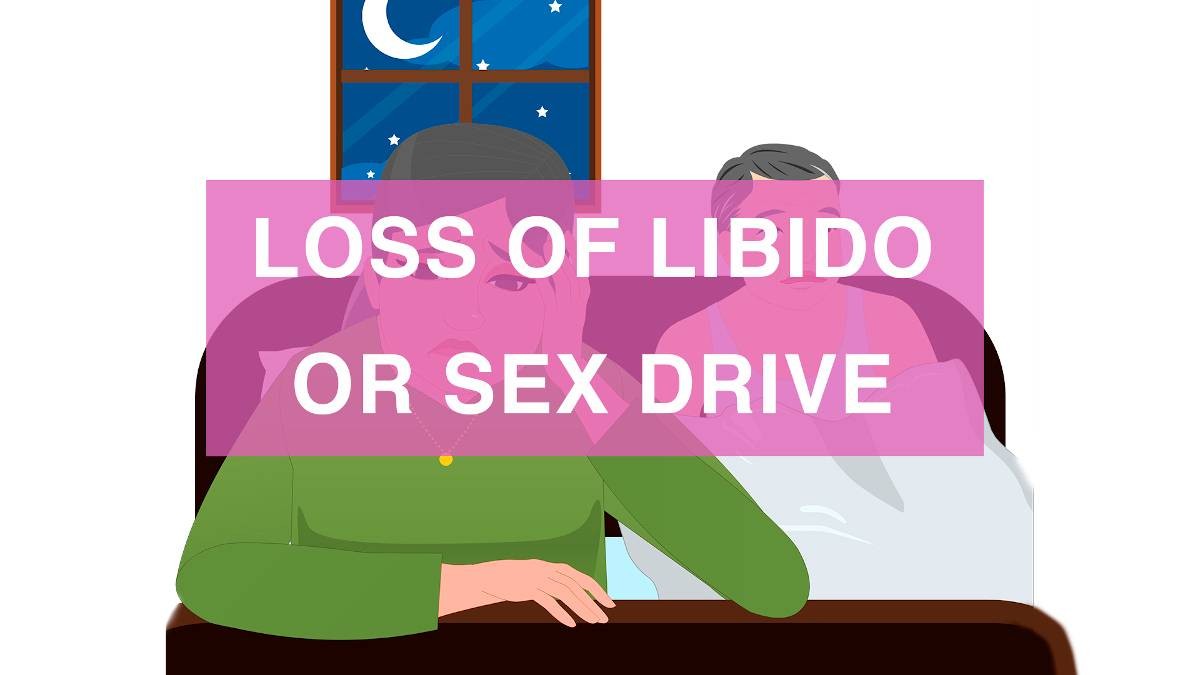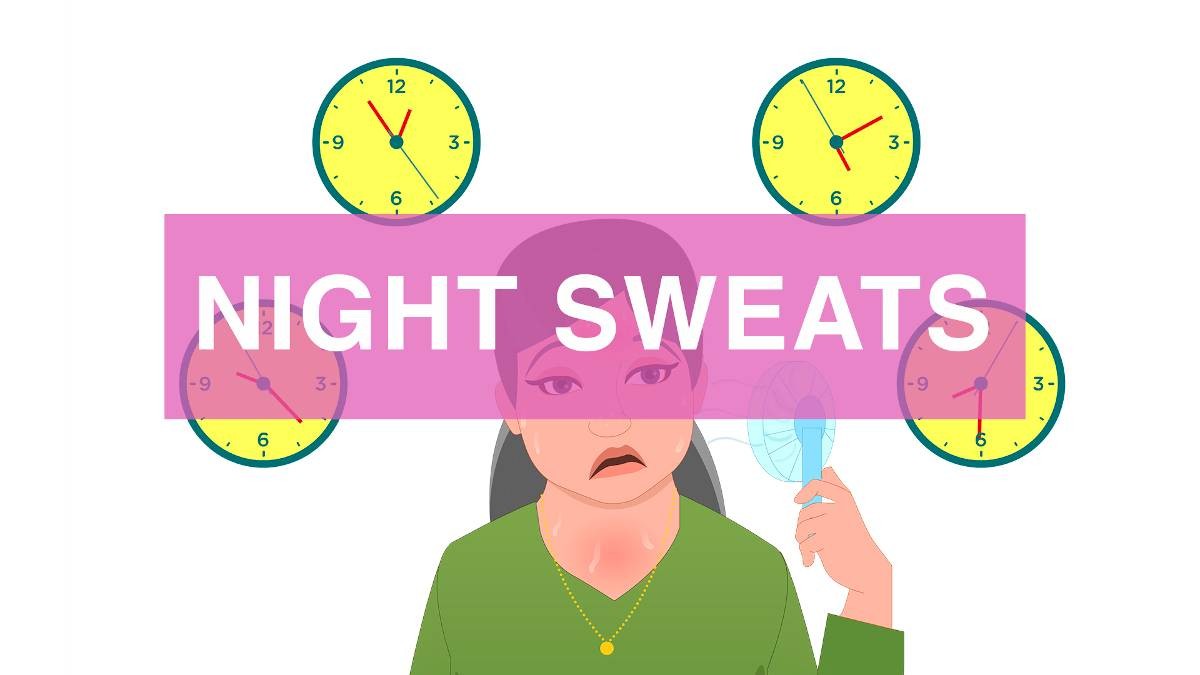Apart from affecting the sex life, vaginal dryness can also be highly uncomfortable as it causes itching, burning, and painful intercourse.
The vaginal walls stay lubricated with clear fluid all the time. This enables the sperm to travel and survive by providing an alkaline environment and aid in the process of sexual reproduction. Estrogen is the hormone responsible for maintaining this fluid that helps in keeping the vagina healthy and flexible. A drop in estrogen levels would thus hamper the moisture that is necessary for the vagina to stay healthy. This drop in the hormone levels can happen at any stage of a woman’s life and can occur due to several reasons. It seemingly is a minor issue, but it leads to severe complications in one’s sex life.
Symptoms of vaginal dryness
Some of the most rampant causes of vaginal dryness are as follows:
- Menopause is the most common reason for vaginal dryness.
- Breastfeeding and childbirth also lead to vaginal dryness over a period of time.
- Medication consisting of anti-estrogen composition. They are mostly used to treat conditions like endometriosis and uterine fibroids.
- Some antidepressants are also known to result in vaginal dryness.
- Inadequate foreplay before intercourse
- Certain allergies
- Heavy cigarette smoking
- Rigorous exercise
- Immune system disorders
- Excessive stress
- Depression
- History of chemotherapy
If you have been feeling itching or burning in the vaginal area, you should pay a visit to your gynecologist. The doctor will start by inquiring about the history of the symptoms and perform a pelvic examination. This is necessary as ruling out the possibility of a urinary tract infection is crucial.
How to treat vaginal dryness
Since the leading cause of vaginal dryness is low estrogen levels, the best treatment to tackle this condition is through starting topical estrogen therapy. This medication helps in restoring and replenishing the body’s ability to produce adequate amounts of the hormone required for normal functioning of the body processes. Lubricants specially made for this purpose should be used to keep the vaginal area moist. However, since the vaginal skin is very sensitive, it is advisable to decide on a course of action only after consultation with a doctor.
Special thanks to Dr. Anita Soni (MBBS, MD – Obstetrics & Gynaecology, DGO) for the expert advice.






